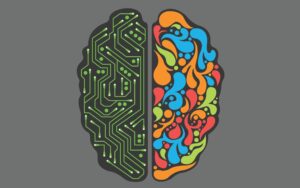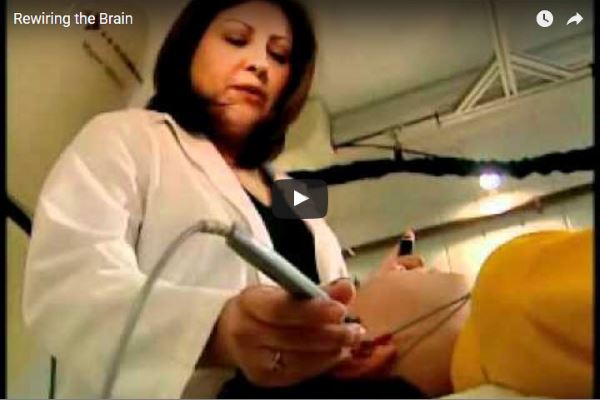Reading and Dyslexia –
Students who struggle with reading and spelling, or have been diagnosed as dyslexic, put a lot of effort into learning. In addition to reading, they may also struggle with learning their math facts, telling time, or following multiple step instructions. Research being done at the University of Texas at Houston, as well as Yale and Georgetown Universities, confirms that brains of people with dyslexia are “wired” differently.
Brain “Wiring”
In this video, Rewiring The Brain, Dr. Papanicolaou, from the University of Texas at Houston, describes what he has discovered about the brain through magnetoencephalography (MEG). In studying which side of the brain is involved in speech, he learned that while someone is listening and reading, the left side of the brain is activated. He notes that while the entire brain is activated when a dyslexic person is reading, a high-level of the right side of the brain is being activated as well, which he calls the “cerebral signature” (of dyslexia). When using the right side of the brain to read, a dyslexic is expending much more energy than someone who is not dyslexic. The good news is, the brain can be “trained” to use the left side, with the proper reading remediation, improving their ability to read.
Brain Plasticity
Today, it is understood that the brain is “plastic”, meaning it can grow and change. Dr. Dennis Molfese of the University of Louisville explains that when someone is learning, the neurons – or cells in the brain – are actually physically changing structurally. Dr. George Hynd, at Purdue University goes on to say, if dyslexics receive the appropriate, researched, intensive reading intervention, these neuro-patterns in the brain actually change, and in effect rewires the brain to read more efficiently.

Dr. Papanicolaou states that fancy testing such as magnetoencephalography (MEG) or functional MRI’s, which are being used at Yale and Georgetown University, are not necessary to determine if someone is dyslexic. This technology only helps us understand dyslexia better, and in fact has shown that the proper remediation actually rewires the dyslexic brain to read using the left side of the brain.
If your child is a struggling reader, or you think they may be dyslexic, contact us to learn more about the research and evidence based reading intervention programs we offer.
Anne Kloth is co-founder of Reading Success Plus, a tutoring center for struggling readers and dyslexic students. She is also a founding member of Decoding Dyslexia – Michigan, and is a Board member of the Michigan International Dyslexia Association.

Hello. My name is Rubia and I’m a school teacher. I am currently helping children with reading and would like to know if it is possible to get more information on how to help my dyslexic students.
I look forward to hearing from you soon.
Thank you so much.
Rubia